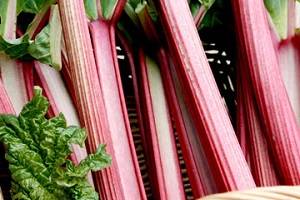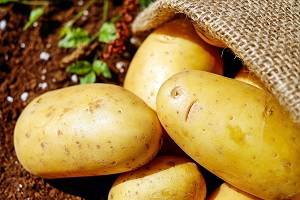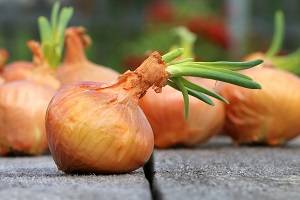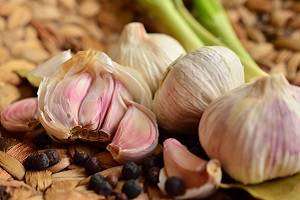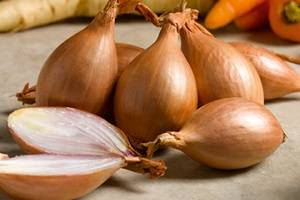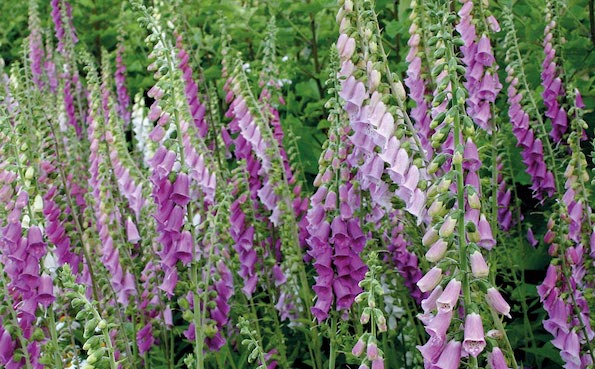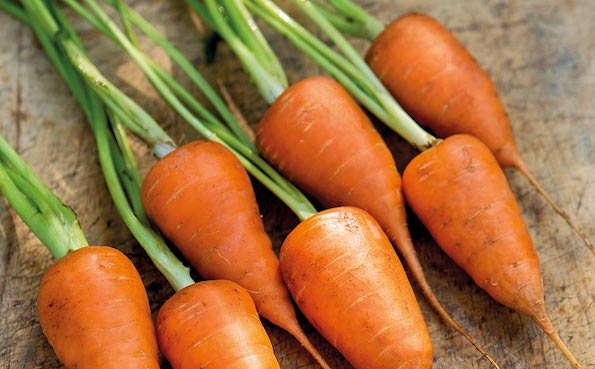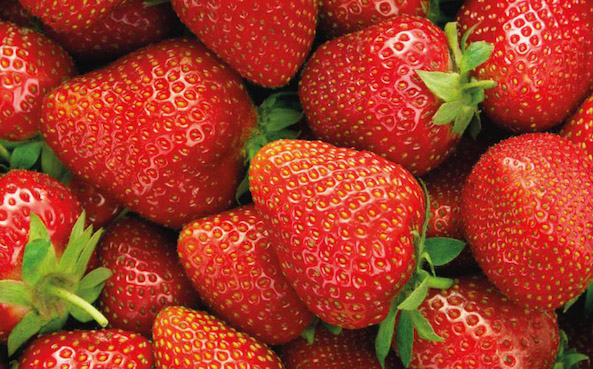Organic Gardening - what to sow in July
July is a productive time to continue succession sowing and planting, but be sure to take a moment to enjoy the colourful display and the long summer evenings.
Flowering Plants
Flowering Plants
- Sow hardy biennial flowers like wallflowers and foxgloves for next spring.
- Sow candytuft and godetia for late-summer colour.
- Sow trays of pansy seeds for autumn colour.
- Deadhead roses, dahlias, and sweet peas to encourage more blooms.
- Pinch out the growing tips of chrysanthemums to promote bushier side growth.
- Plant marigolds in vegetable beds to attract beneficial insects.
- Divide and replant rhizomatous irises and bearded irises after flowering.
- Feed flowering plants with a balanced organic fertiliser every two weeks.
Vegetables
Vegetables
- Sow lettuce, radish and spring onions every two weeks.
- Continue direct sowing carrots and beetroot for autumn harvesting.
- Plant out courgette and squash seedlings for late-summer yields.
- Sow spinach and chard for a late-season harvest.
- Thin out young parsnip and swede seedlings to encourage larger roots.
- Plant hardy leek seedlings like 'Musselburgh' in trenches for overwintering.
- Sow kohlrabi for autumn harvesting in 10-12 weeks.
- Feed tomatoes and cucumbers regularly with a potassium rich fertiliser.
Fruit
Fruit
- Keep harvesting raspberries, blackberries and other summer fruits.
- Thin out the unripened fruits on apple and pear trees to avoid overcrowding.
- Net blueberries and blackcurrants to protect from birds. Check nets often.
- Feed soft fruits like raspberries with an organic potash-rich fertiliser.
- Keep watering strawberry plants consistently to support fruiting.
- Remove any diseased or damaged strawberry fruit immediately to prevent mould.
- Water fruit trees deeply once a week to support fruit development.
- Apply a thick layer of mulch around fruit trees to retain moisture in the soil.
General Garden Jobs
General Garden Jobs
- Regularly skim leaves and debris from ponds to prevent algae buildup.
- Ventilate greenhouses by opening doors and vents on warm days.
- Add compost or well-rotted manure to top up beds and borders.
- Keep compost bins damp by watering lightly if they begin to dry out.
- Clean and oil tools to prevent rust and keep them working smoothly.
- Deadhead spent flowers regularly to prolong blooming.
- Continue weeding to reduce competition for nutrients.
- Sow green manure in empty beds to improve soil health.
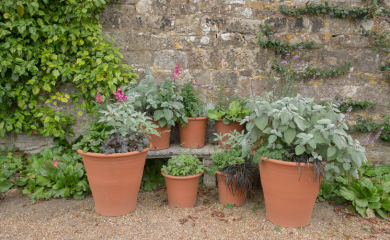
Pots & Containers
- Water pots in the early morning or late evening to avoid rapid evaporation.
- Add slow-release organic fertiliser to boost flowering and fruiting.
- Move sun-sensitive plants to shaded areas during peak hours of sunlight.
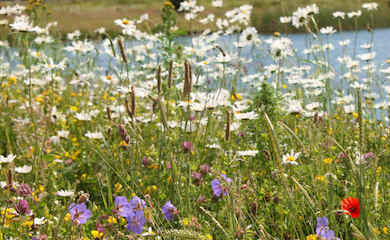
Wildlife
- Leave a section of the garden to grow wild for butterflies and insects.
- Sow wildflower seeds like poppy and cornflower to attract pollinators.
- Fill bird feeders with high protein seeds to support summer nesting.
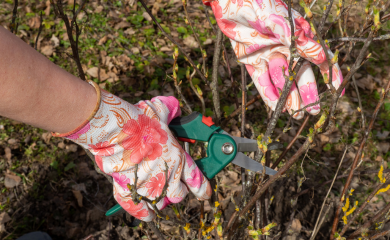
Pruning
Organic Gardening Tip: Use reserves from your butts to water plants, focusing on the root zone to reduce surface evaporation and ensure moisture penetrates deep into the soil.

Written by: Sophie Essex, garden writer
Sophie Essex is a freelance garden writer with a passion for horticulture and environmental conservation. She's qualified with a BSc in Botany/Plant Biology from the University of Plymouth and a MSc in Biodiversity and Taxonomy of Plants from The University of Edinburgh.
Sophie has also worked as a professional gardener and landscaper, developing her practical skills at Cornwall's Eden Project, the National Trust for Scotland, and the Royal Botanic Garden Edinburgh.





